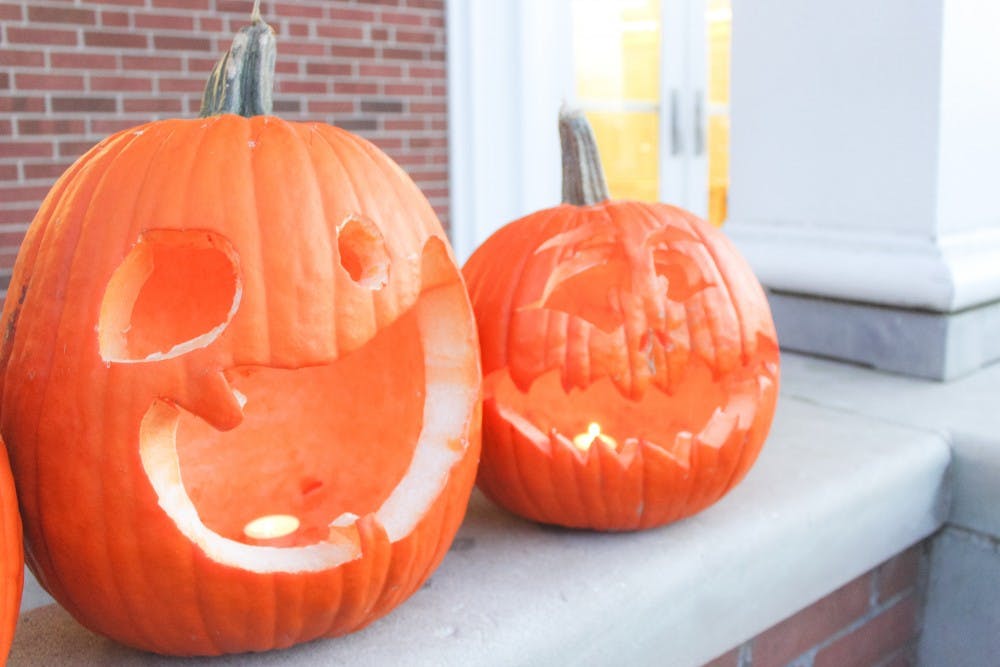Editorial Board | Echo
Halloween is often times considered a taboo in Christian circles. It is uncertain how it should be handled by the Church, so sometimes it is neglected all together. However, it is believed to have originated with the Celtic people, as a holiday that signified the end of the living months of warmth and prosperity and the beginning of the dark and cold months of winter. Oct. 31 became a time where the line of living and dead blurred, and spirits came back. The Celtic priests, or Druids, threw a huge party around a bonfire and prophesied on the coming year, while the rest of the Celts wore costumes and sacrificed crops and animals, according to the History Channel website.
Because of the nature of Halloween, Protestants in early America didn't condone the holiday. Halloween became more of a party celebration and less about worshipping the dead and grieving the end of the harvest. Bill Heth, professor of Biblical Studies, sees Halloween much like early Americans did: as a time to meet and celebrate gathering with people. "What other day of the year do neighbors near and far come to your door so you can greet them, give a small "gift," and maybe get to know them?" Heth said. Christians can celebrate Halloween in a selective manner, choosing to dress up and trick-or-treat, but also choosing to not participate in anything that could lead to demonic behavior. Some Christians nowadays participate in alternate versions of Halloween at a church or other locations where the church body comes together. Some of these include "Trunk or Treat" and "Neewollah" (Halloween spelled backward) where children can come and still experience the pure aspects of Halloween like trick or treating and celebrating fall. "Our approach to Halloween is to participate in events which involve costumes, candy distribution, pumpkin carvings, and lighthearted scary adventures but to steer clear of anything which seriously celebrates the occult or dark spiritism," Jim Spiegel, professor of philosophy and religion, said. That being said, Spiegel respects and recognizes the decision of fellow believers to steer clear of the holiday all together because of its cultural origins. As an editorial board, we agree with the above and believe participating in the innocent aspects of Halloween is permissible, such as dressing up, celebrating fall or trick-or-treating. However, we do recognize there are cultural reasons fellow Christians choose not to participate and respect that decision as well.





